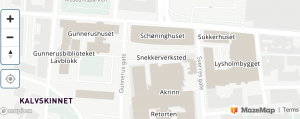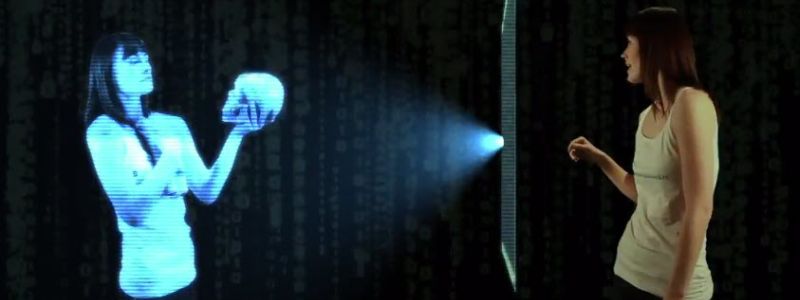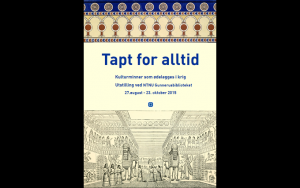EU announced a Hackathon on solutions during the ongoing pandemic, for Museum and culture institutions that are severely affected: Across Europe, Covid-19 has forced the complete or partial closure of over 90% of museums and heritage sites. The shut-down affects the survival of these institutions, but also visitors and guides. We participated at the EUvsVIRUS Hackathon a weekend (22-24.04.2020) with a clear dedication to creating solutions to the problem. Our project won the Challenge on Social & Political Cohesion – Support arts & entertainment.
Our project GuideYourGuide, proposes the creation of a interactive real- time visit for the ones unable to enjoy cultural experiences because of the current situation. Our platform can provide support and work with Tour guides that are losing their jobs, left without contracts and seeing their livelihoods threatened. With GuideYourGuide heritage sites or museum collections can provide an alternative tour experience. The institutions can publish a list of potential tours which will be implemented by their accredited tour guides, maintaining their high quality offers.
Currently, some of the measures are being lifted and we see cultural institutions reopen bit by bit. Furthermore, measures vary drastically from country to country. However, it will still take a long time before we go back to experiencing our European heritage in the same way as we used to.
After all, European culture is what unites us, what gives us purpose. Being stimulated by art and culture is of utmost importance for mental health and our collective well-being. By fostering social cohesion, we ensure societies’ resilience in times of crisis. To this aim, we found an inclusive, equal, accessible and sustainable solution.
Our participation at both events organised by EU has allowed us to grow as a team, pitch our ides to professionals find interested investors and proceed to an incubation training. A long ride that gave us an insight in the way initiatives, vision and ideas can become established projects and contribute to problem solving initiatives. An enriching working process in a Pan-European frame with the support of EU-Comissioner Mariya Gabriel and an amazing team of volunteers.
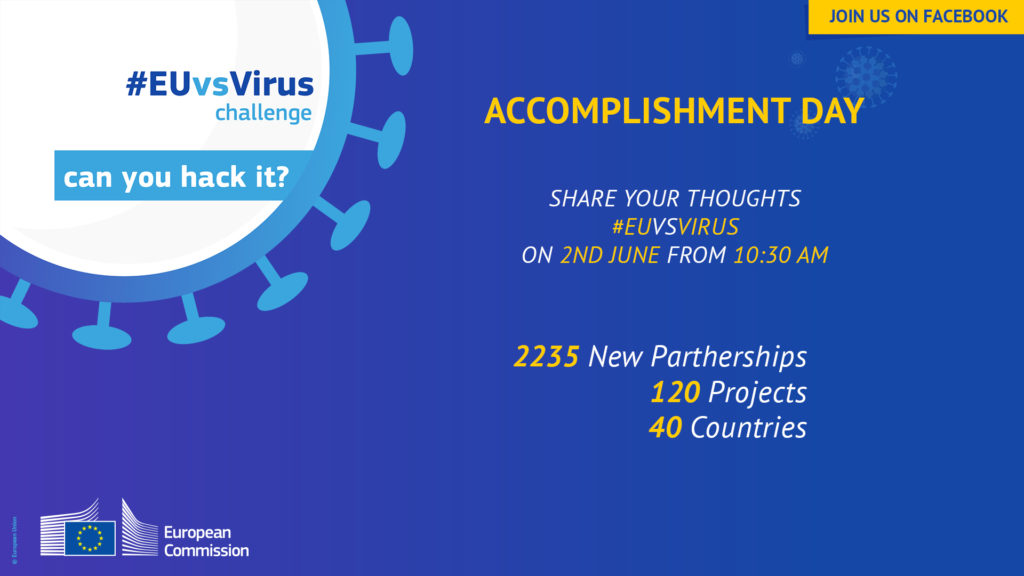
LETS FLY Guys https://lnkd.in/gbM-q3i
With Paul Fabel Fabrizio Gramuglio Emma Jackson Inka Helin Danche Bakeva Luka Kopajtič Emanuele Briano Pedro Ferreira Ivan Minguez Guillem Alexander Suchy
#guides #culturalheritage #euvsvirus #artsandculture
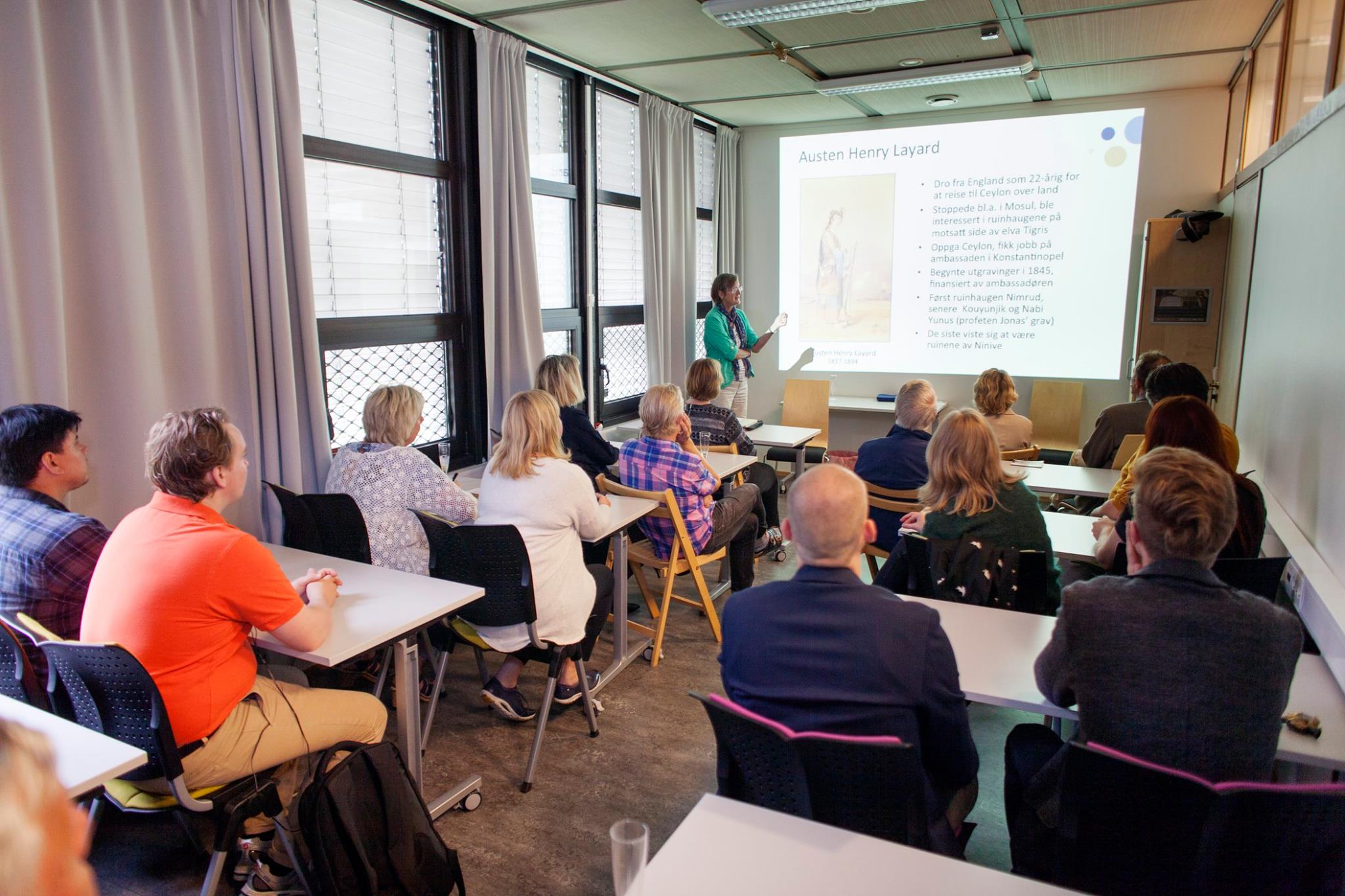
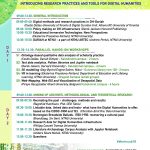
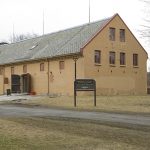
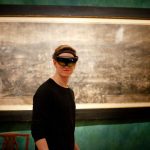

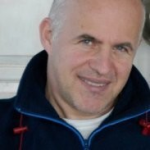
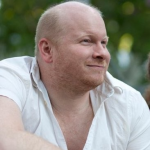
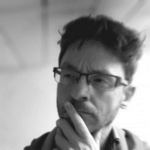
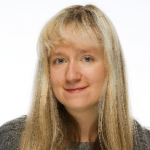
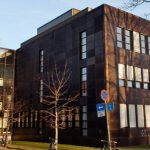
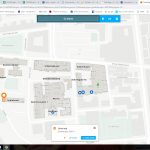
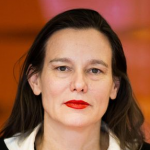
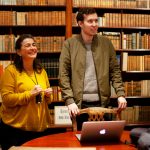
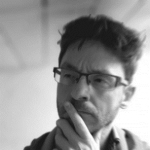 With Dag-Øyvind Solem (NIKU) , who completed his master’s degree in 2005, and has mostly worked as field archaeologist since. In Norway, he has been working for NIKU and for several of the district museums and county municipalities. In addition, he has participated in excavations in Ireland and Greece and has worked for a shorter period of time with LIDAR and Askeladden for Nord-Trøndelag County Municipality. Now he works as a professional consultant regarding digital documentation for NIKU in Trondheim
With Dag-Øyvind Solem (NIKU) , who completed his master’s degree in 2005, and has mostly worked as field archaeologist since. In Norway, he has been working for NIKU and for several of the district museums and county municipalities. In addition, he has participated in excavations in Ireland and Greece and has worked for a shorter period of time with LIDAR and Askeladden for Nord-Trøndelag County Municipality. Now he works as a professional consultant regarding digital documentation for NIKU in Trondheim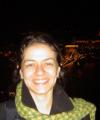 with Piraye Hacıgüzeller a postdoctoral research assistant at the Archaeology Department of Ghent University and the Ghent Center for Digital Humanities. She has a BSc degree in civil engineering (METU, Turkey), an MA degree in Eastern Mediterranean Archaeology (KU Leuven) and a PhD in archaeology (UcL). Since 2003, she worked as a geospatial data manager and analyst in several archaeological research projects in the eastern Mediterranean. She has carried out postdoctoral research on the archaeological applications of GIS and digital mapping at KU Leuven and the University of Oxford. She is currently coordinating all activities related to geospatial information at the Ghent Center for Digital Humanities, while continuing her research on critical mapping and critical GIS, spatial at analysis and new knowledge politics in the digital age within the Department of Archaeology.
with Piraye Hacıgüzeller a postdoctoral research assistant at the Archaeology Department of Ghent University and the Ghent Center for Digital Humanities. She has a BSc degree in civil engineering (METU, Turkey), an MA degree in Eastern Mediterranean Archaeology (KU Leuven) and a PhD in archaeology (UcL). Since 2003, she worked as a geospatial data manager and analyst in several archaeological research projects in the eastern Mediterranean. She has carried out postdoctoral research on the archaeological applications of GIS and digital mapping at KU Leuven and the University of Oxford. She is currently coordinating all activities related to geospatial information at the Ghent Center for Digital Humanities, while continuing her research on critical mapping and critical GIS, spatial at analysis and new knowledge politics in the digital age within the Department of Archaeology.